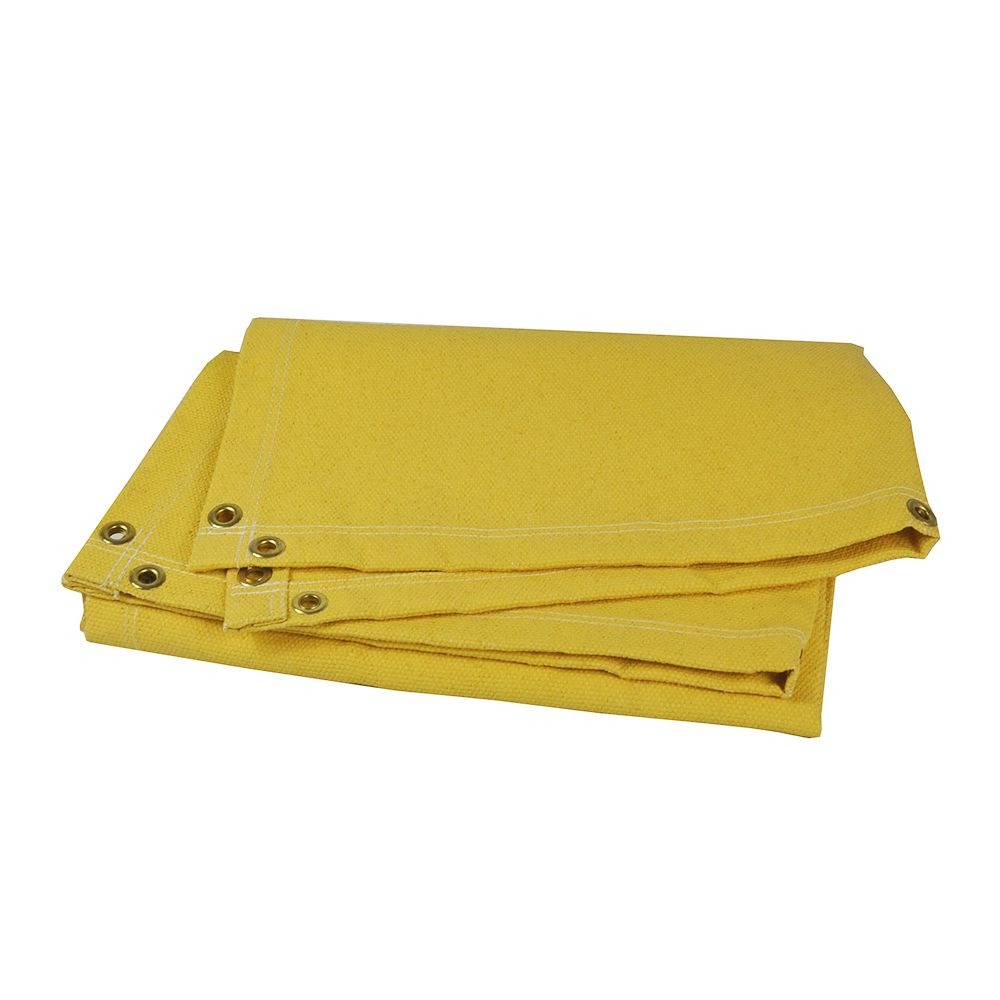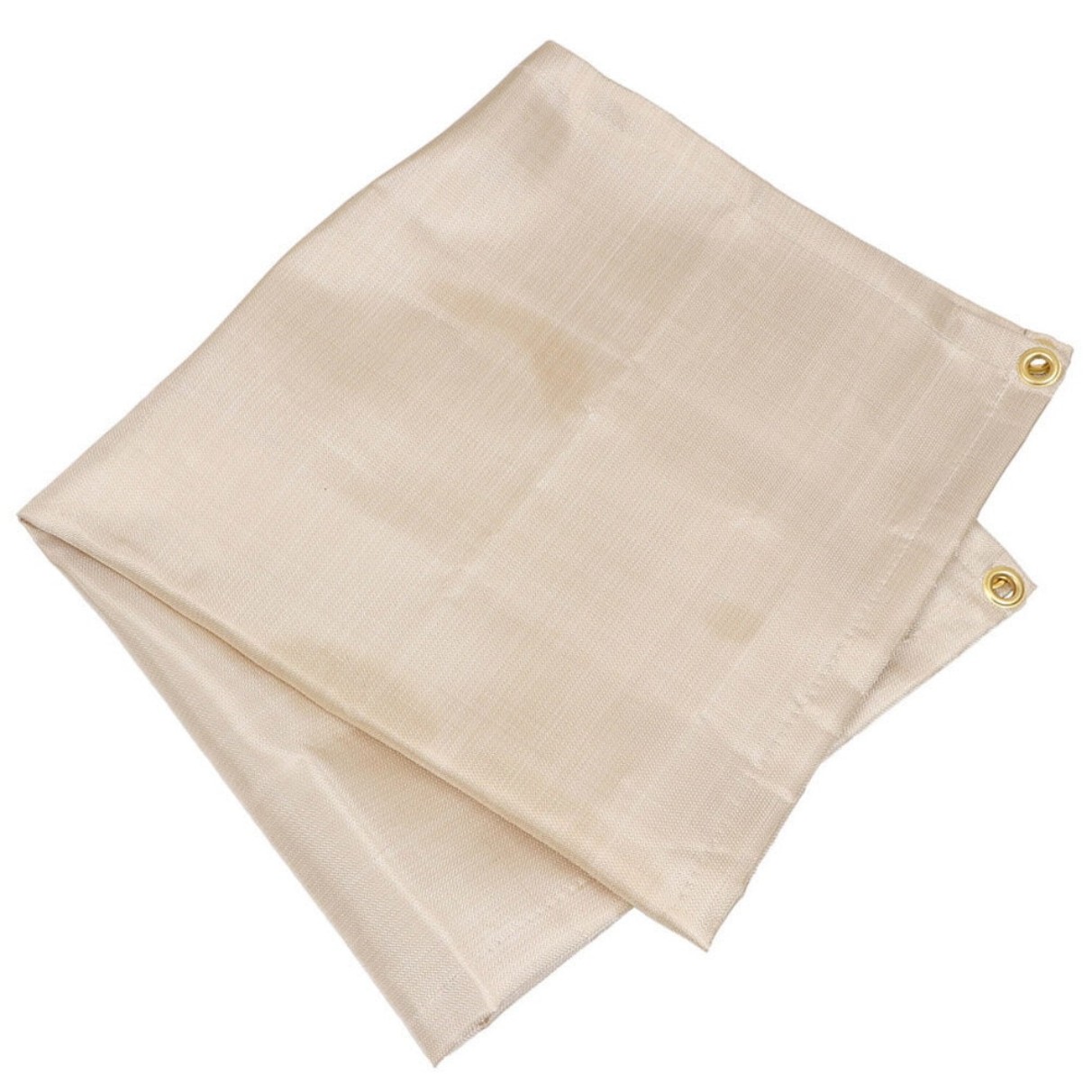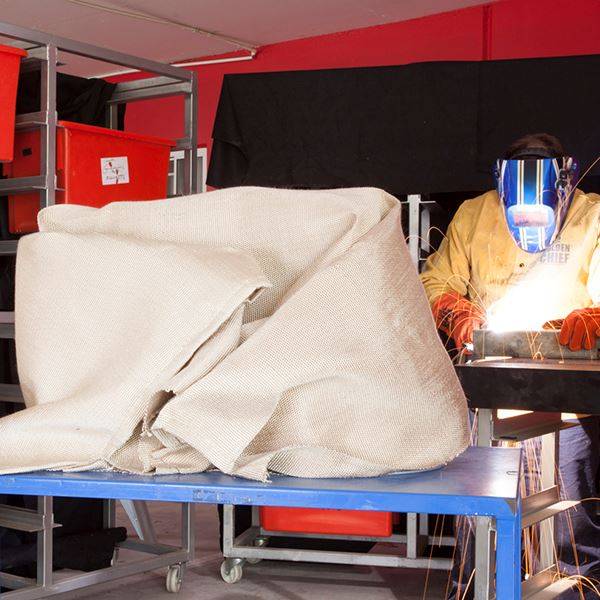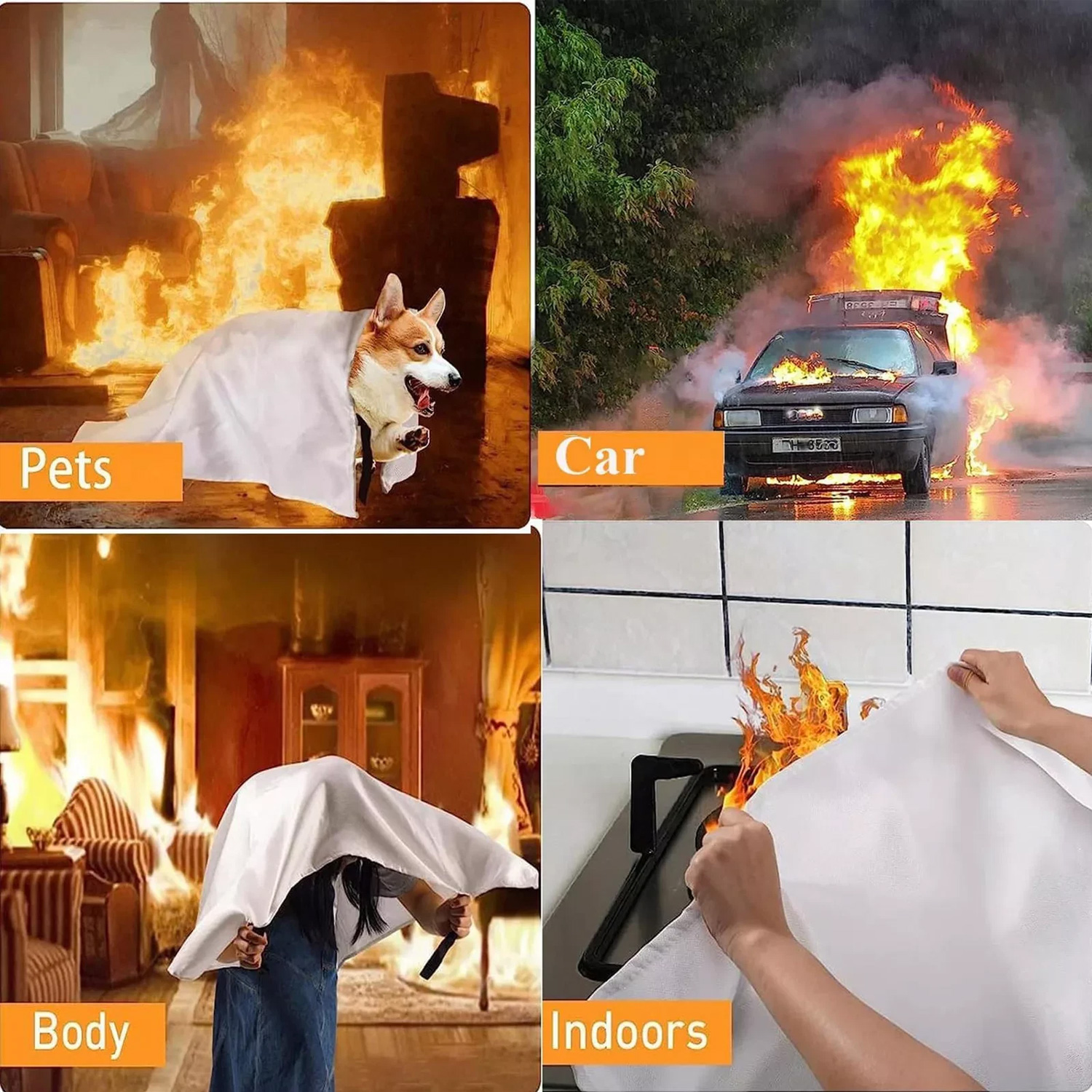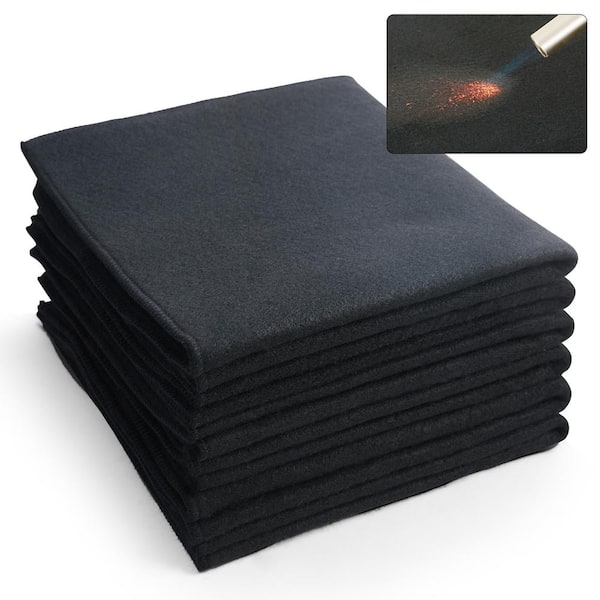How to Use an Asbestos Blanket Fire Extinguisher Safely and Effectively
An asbestos blanket fire extinguisher smothers small fires by cutting off oxygen. This guide explains its proper use, safety concerns, and when to choose it over other extinguishers. You'll learn handling techniques and important precautions.
What Is an Asbestos Blanket Fire Extinguisher?
An asbestos blanket fire extinguisher is a specialized safety tool made from woven asbestos fibers. You use it to smother small fires by placing it directly over flames. The blanket works by cutting off the fire's oxygen supply, which is essential for combustion.
These blankets were commonly used in laboratories, kitchens, and industrial settings before the health risks of asbestos became widely known. Today, modern alternatives exist, but understanding asbestos blankets remains important for historical context and proper handling.
When to Use an Asbestos Fire Blanket
You should only use an asbestos blanket fire extinguisher for specific types of small fires:
- Small grease fires in kitchens
- Clothing fires on a person
- Small electrical fires (after power is turned off)
- Contained fires in laboratory settings
Never use it for large fires, chemical fires, or gas fires. The asbestos blanket works best when you can completely cover the fire source.
Proper Usage Technique
Follow these steps to use an asbestos blanket fire extinguisher correctly:
- Pull the blanket from its protective container by the tabs
- Hold the blanket with your hands protected by the folded edges
- Approach the fire from upwind if possible
- Place the blanket gently over the flames, starting from the near edge
- Leave the blanket in place until the area cools completely
Remember to keep your body protected behind the blanket as you place it. Never throw the blanket as this may spread flames.
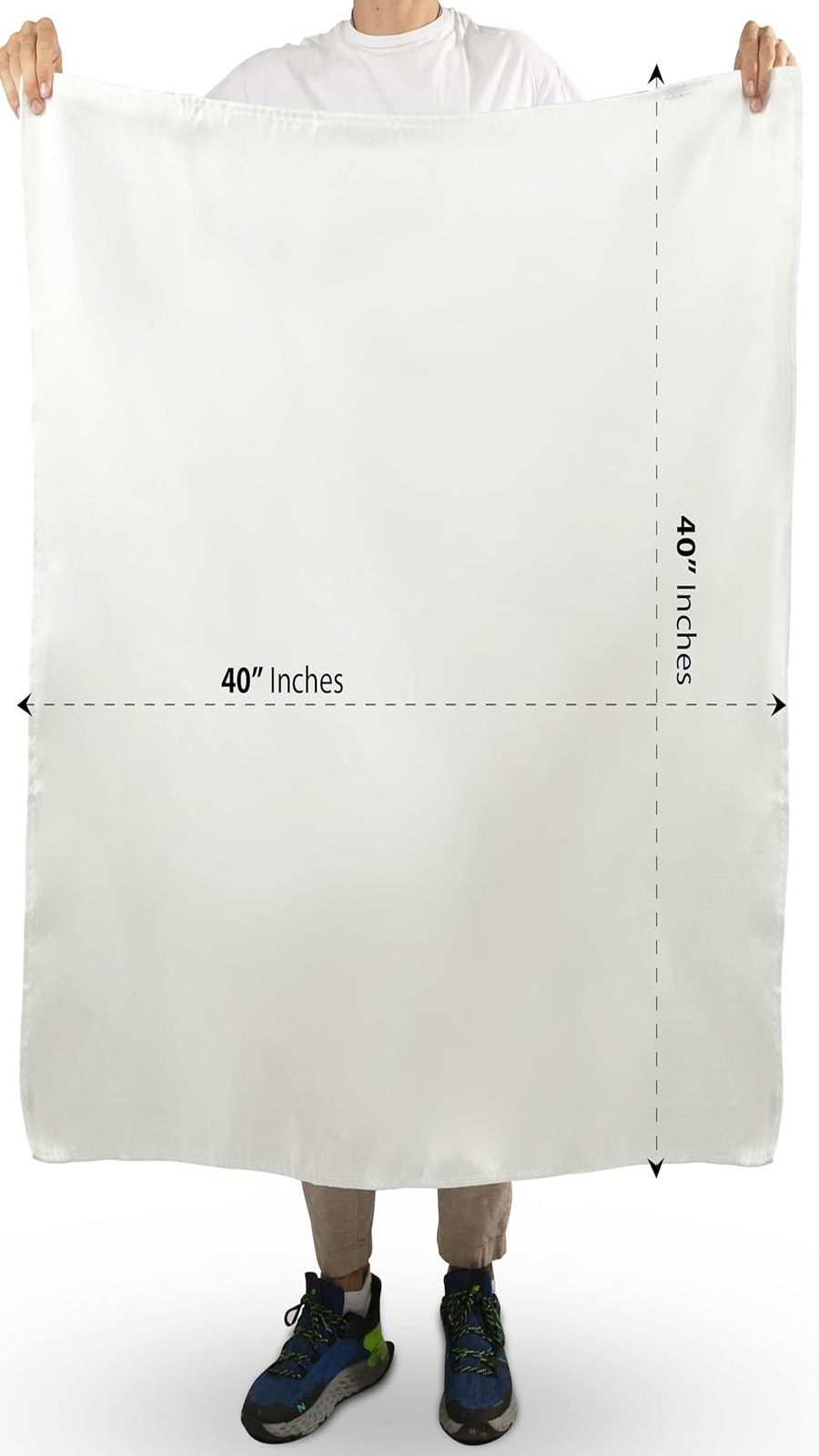
Safety Concerns and Precautions
While effective for fire suppression, asbestos blankets pose health risks:
- Asbestos fibers can cause lung diseases if inhaled
- Fibers may become airborne when handling the blanket
- Damaged blankets are particularly hazardous
If you must use an asbestos blanket fire extinguisher:
- Wear proper respiratory protection
- Handle gently to minimize fiber release
- Dispose of used blankets as hazardous material
- Consider modern alternatives for regular use
Modern Alternatives to Asbestos Blankets
Today, you have safer options that work similarly:
- Fiberglass fire blankets - equally effective without health risks
- Wool fire blankets - natural and non-toxic
- Specialized chemical fire blankets - for specific fire types
These modern alternatives provide the same fire-smothering capability without the asbestos hazard. They're now the standard in most workplaces and homes.
Maintenance and Storage
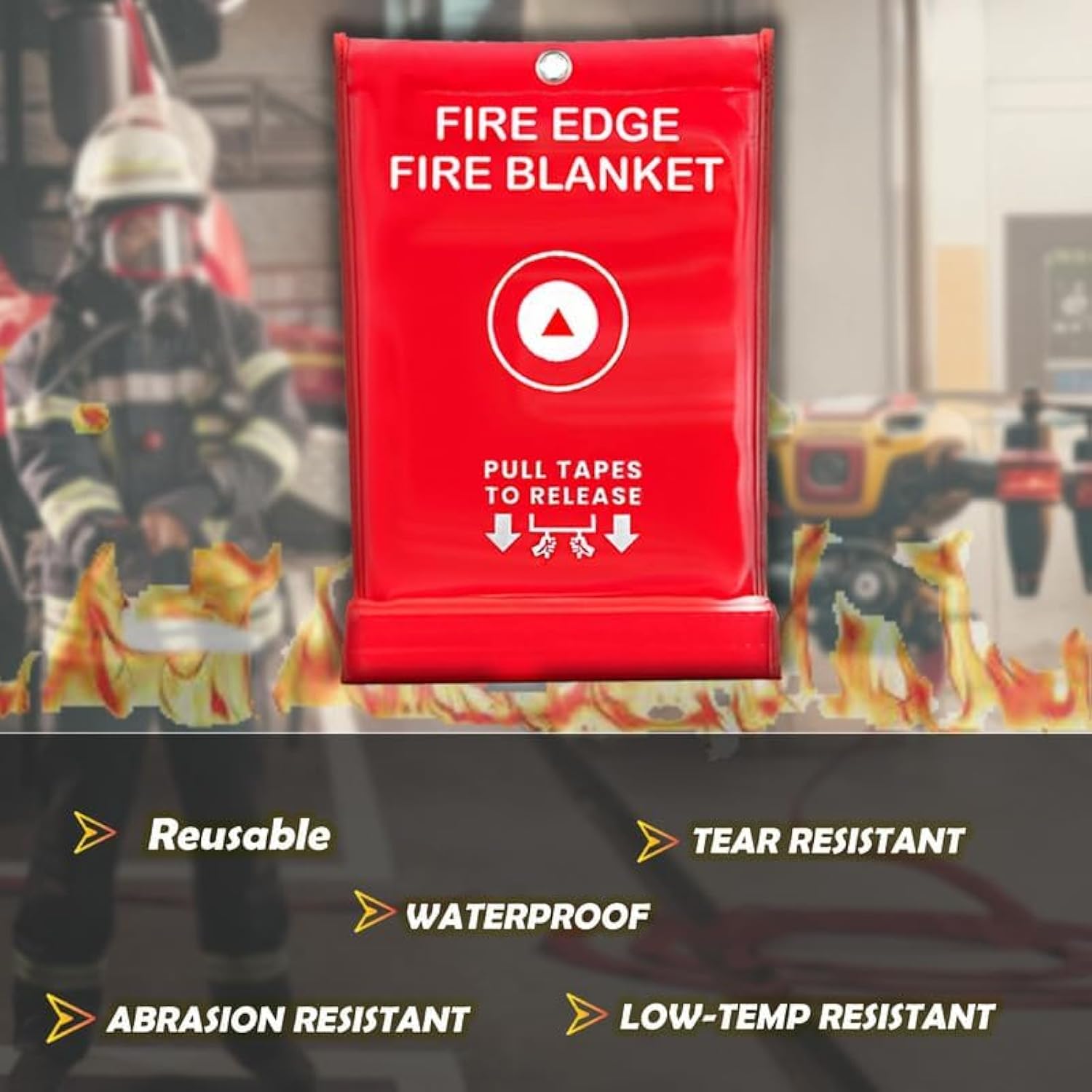
If you have an asbestos blanket fire extinguisher:
- Store in its original container to prevent fiber release
- Keep in a dry, accessible location
- Inspect regularly for damage or deterioration
- Replace if any fibers are visibly loose
Proper storage extends the blanket's usable life while minimizing health risks. Always follow local regulations for asbestos-containing materials.
When to Choose a Blanket Over Other Extinguishers
An asbestos blanket fire extinguisher may be preferable when:
- Dealing with very small, contained fires
- Extinguishing fires on a person's clothing
- Working in confined spaces where spray extinguishers could spread flames
- Handling fires where chemical residues would be problematic
However, for most situations today, modern fire blankets are the safer choice with equal effectiveness.
Conclusion
While asbestos blanket fire extinguishers were once common, understanding their proper use remains important for historical context and safety. Modern alternatives now provide the same fire suppression capability without health risks. Always prioritize safety when handling any fire suppression equipment.
If you encounter an asbestos blanket, handle it carefully and consider replacing it with a contemporary fire blanket for regular use. Proper fire safety knowledge helps you respond effectively to emergencies while protecting your health.


